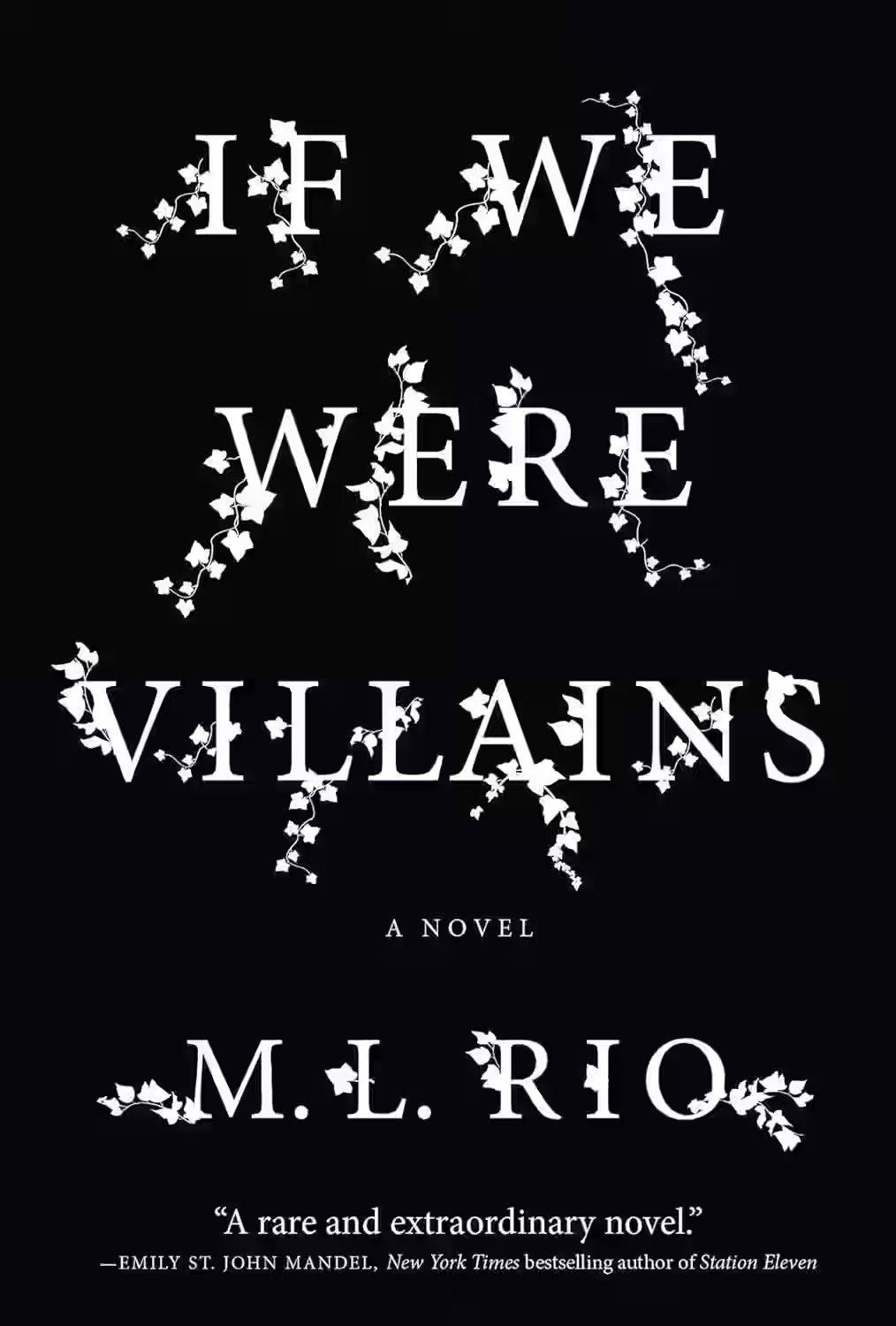
In M.L. Rio's compelling novel, 'If We Were Villains,' readers are plunged into the intense and insular world of seven Shakespearean actors at an elite conservatory. The story intricately weaves themes of friendship, betrayal, ambition, and the blurred lines between performance and reality. As the characters grapple with their roles, both on and off stage, a gripping mystery unfolds. A death leads to a poignant exploration of guilt and innocence, as secrets threaten to unravel their tightly-knit group. Rio's prose is rich and atmospheric, capturing the beauty and darkness of Shakespearean drama that unfurls in a modern setting. This evocative narrative, with its homage to literature and exploration of identity, leaves a lasting impact, challenging readers to ponder the consequences of their actions and the masks they wear.
About M.L. Rio
M.L. Rio is an American author known for her intriguing delve into the intricacies of theatre and human psychology. Born in Miami and raised in North Carolina, she cultivated a deep love for literature and drama which later led her to study at the University of North Carolina at Chapel Hill, and subsequently, earn a Master of Arts in Shakespeare Studies from King’s College London. Rio’s debut novel, 'If We Were Villains', released in 2017, is a testament to her profound understanding of Shakespearean drama intertwined with a gripping mystery narrative. The novel explores themes of friendship, obsession, and betrayal within the impactful setting of an elite arts conservatory, and has been acclaimed for its rich character development and literary finesse. Her work has been instrumental in reviving interest in campus novels, particularly those entwined with classical literary elements, carving her a unique niche in modern literature. M.L. Rio continues to influence the literary landscape by challenging traditional storytelling through her compelling integration of theatrical elements and psychological depth.
Similar Books
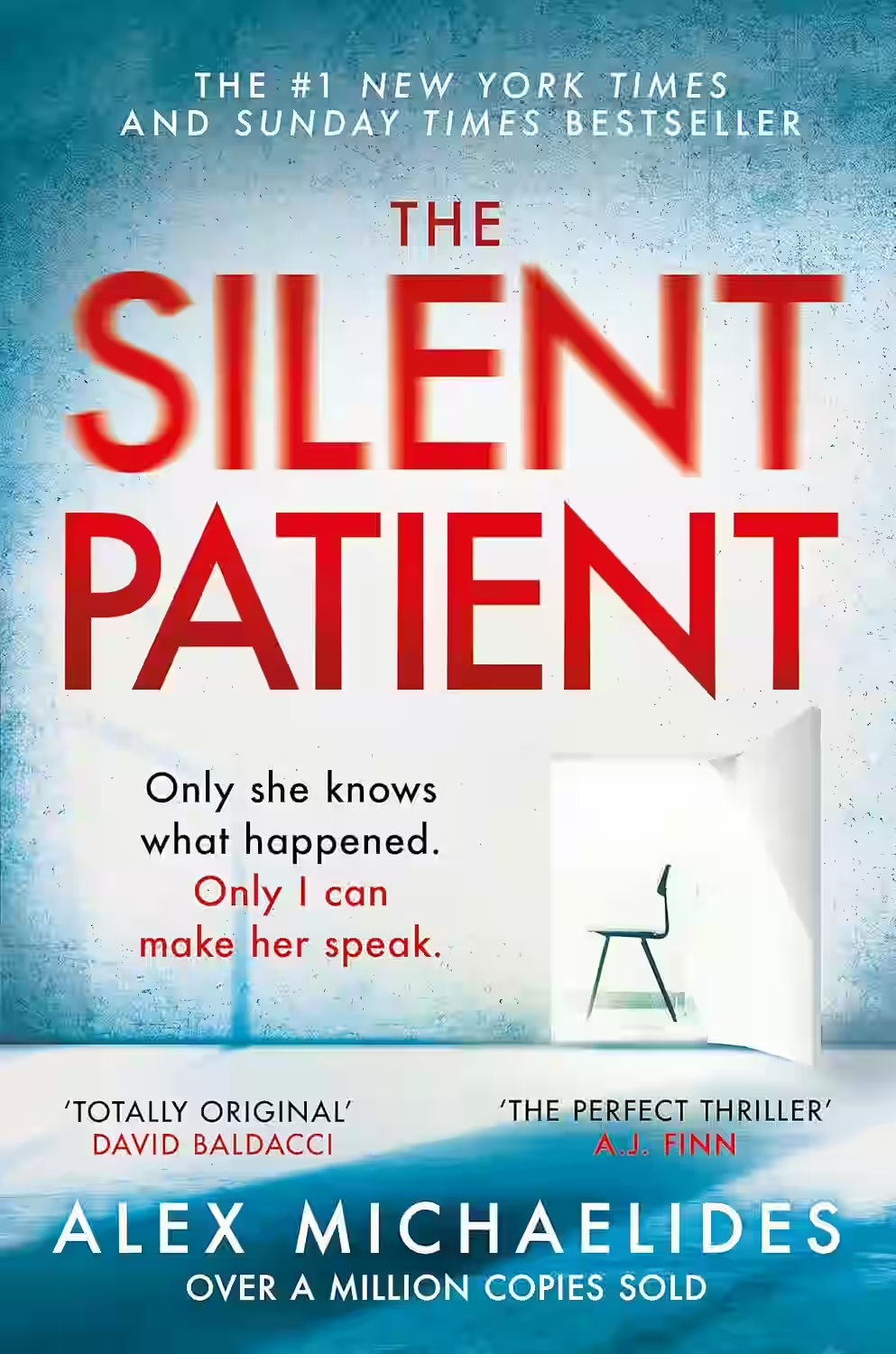
The Silent Patient
In Alex Michaelides' gripping thriller 'The Silent Patient,' readers are drawn into the enigmatic world of Alicia Berenson, a successful painter who murders her husband and then stops speaking entirely. As psychotherapist Theo Faber becomes obsessed with uncovering Alicia's motive and breaking her silence, the story delves deep into themes of trauma, guilt, and the complexities of the human mind. With unexpected twists and a haunting atmosphere, the novel keeps readers on the edge of their seats until the startling conclusion. 'The Silent Patient' is a masterfully crafted psychological thriller that will leave readers questioning the nature of truth and perception.
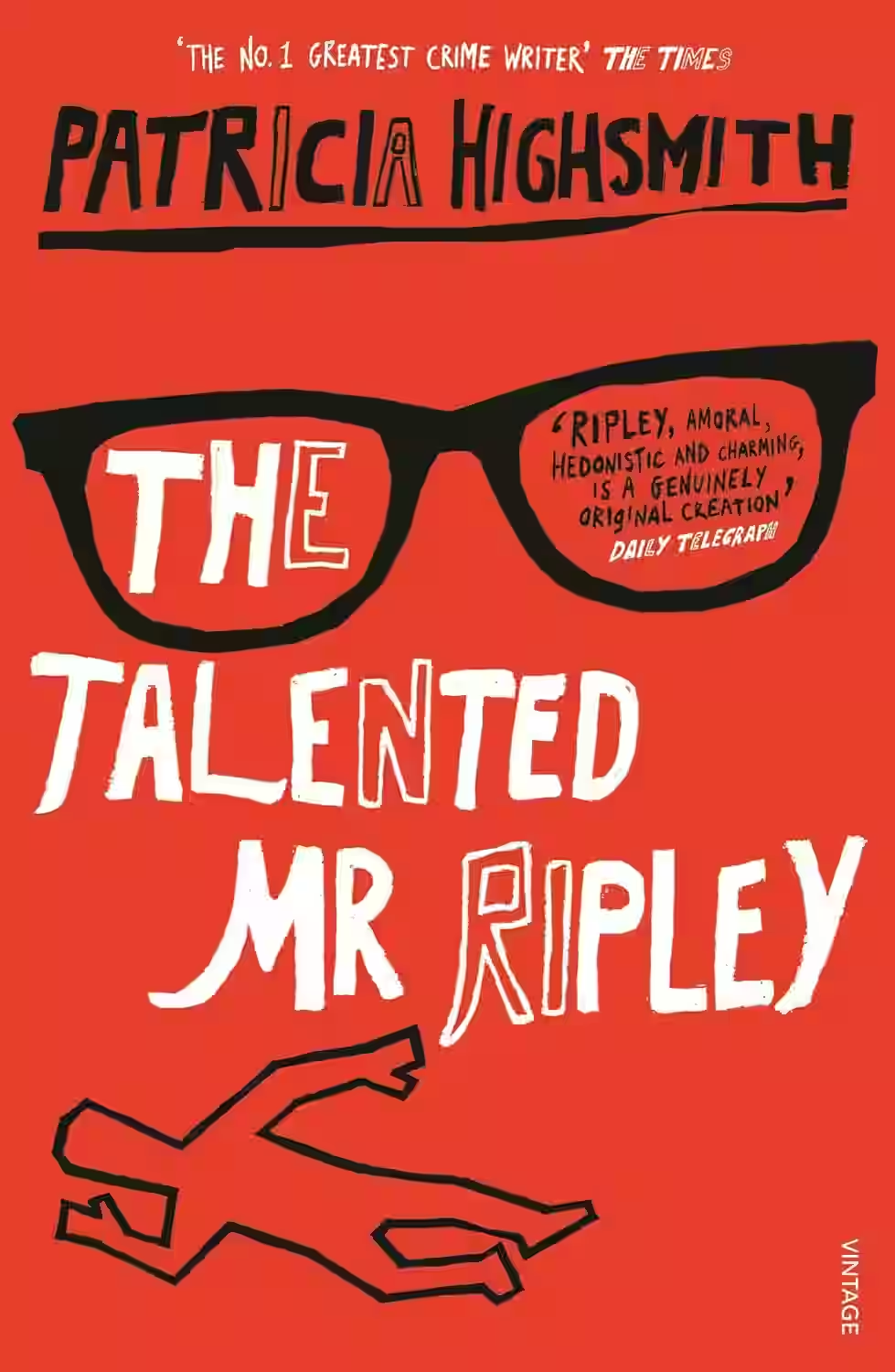
The Talented Mr Ripley
In 'The Talented Mr. Ripley' by Patricia Highsmith, readers are introduced to the complex and captivating character of Tom Ripley. The novel follows Tom as he becomes enmeshed in a world of deception, manipulation, and murder. Highsmith expertly delves into themes of identity, social class, and morality, keeping readers on the edge of their seats with unexpected twists and turns. Through Tom's perspectives and actions, the author raises intriguing questions about the nature of evil and the lengths a person will go to in order to achieve their desires. 'The Talented Mr. Ripley' is a chilling psychological thriller that leaves a lasting impression.
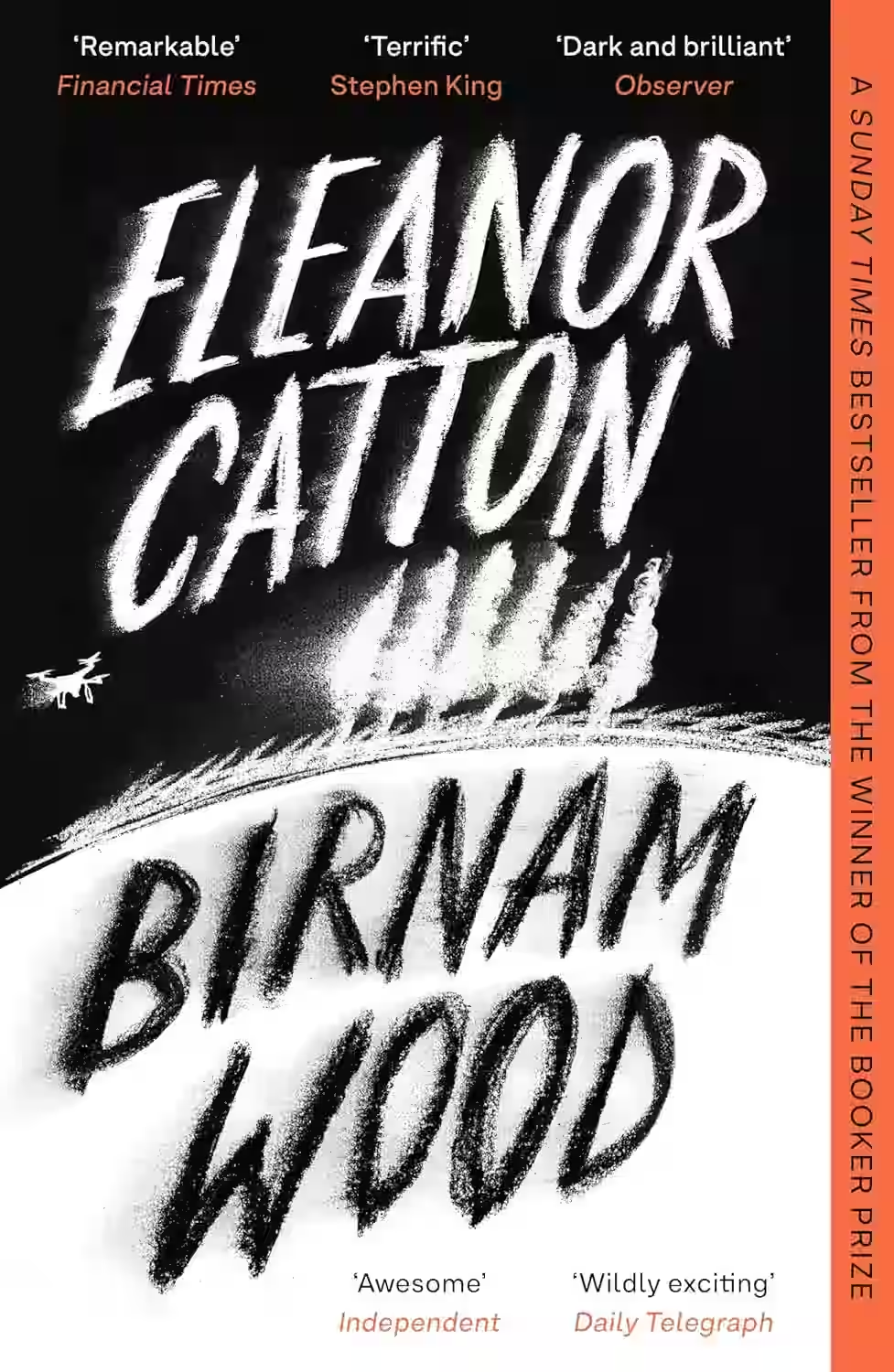
Birnam Wood
This gripping eco-thriller pits a guerrilla gardening collective against a billionaire tech mogul with sinister motives in rural New Zealand. As the idealistic Birnam Wood group trespasses to plant crops, they clash with corporate greed and political intrigue. Tensions escalate into a high-stakes battle between environmental activism and capitalist exploitation. Eleanor Catton, Booker Prize-winning author of The Luminaries, returns with a taut, intelligent novel exploring surveillance, ideology, and moral compromise in the age of climate crisis. Birnam Wood is both a literary page-turner and a sharp critique of modern power structures.
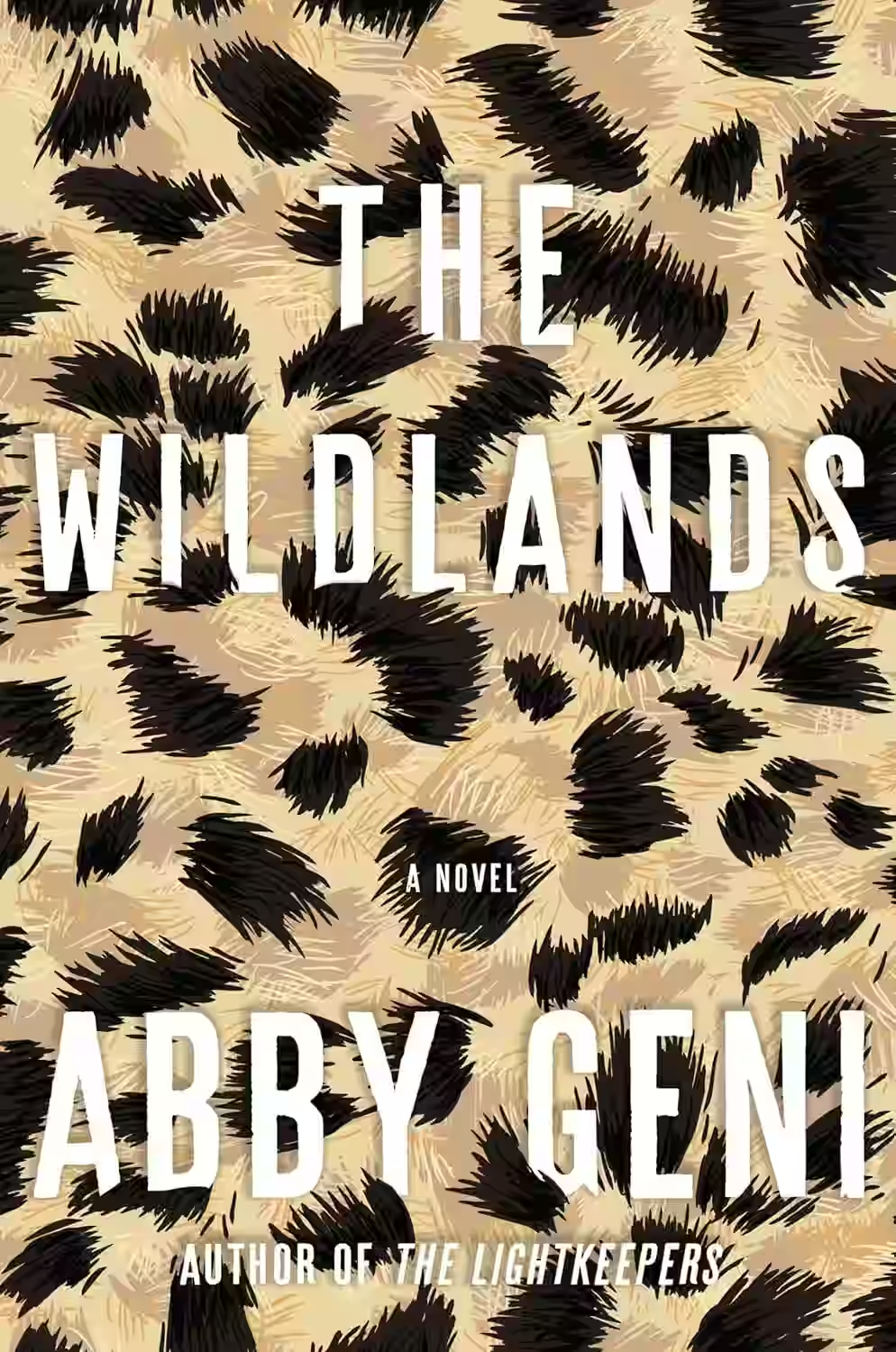
The Wildlands
by Abby Geni
In 'The Wildlands,' Abby Geni crafts a haunting exploration of loss, survival, and ecological reverence amidst a world scarred by disaster. Set in the aftermath of a catastrophic tornado that obliterates a family farm in rural Oklahoma, the novel follows the McCloud siblings as they grapple with poverty and fragmented dreams. Significant themes include the transformative power of grief and the unique bonds formed in shared hardship. Geni interweaves elements of a thrilling adventure with profound contemplations on humanity’s impact on the natural world. Engaging and poetic, 'The Wildlands' invites readers into its vivid landscapes and complex character dynamics.